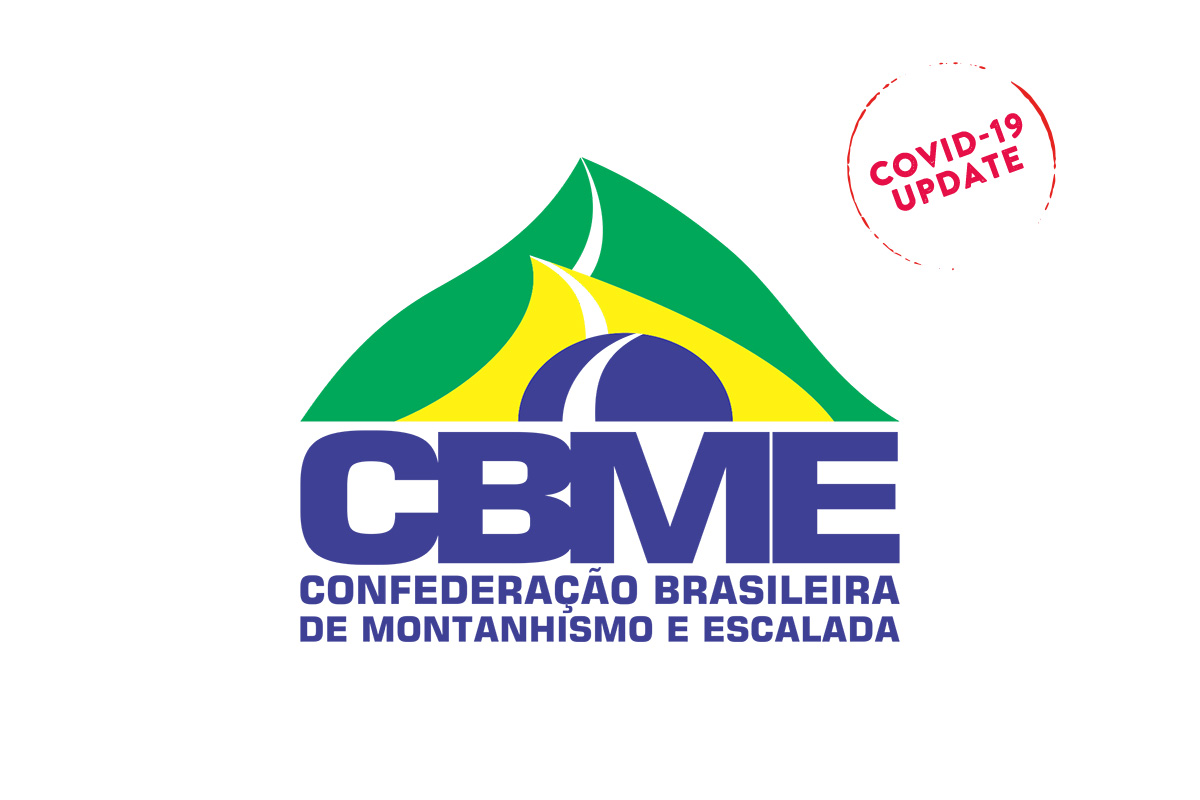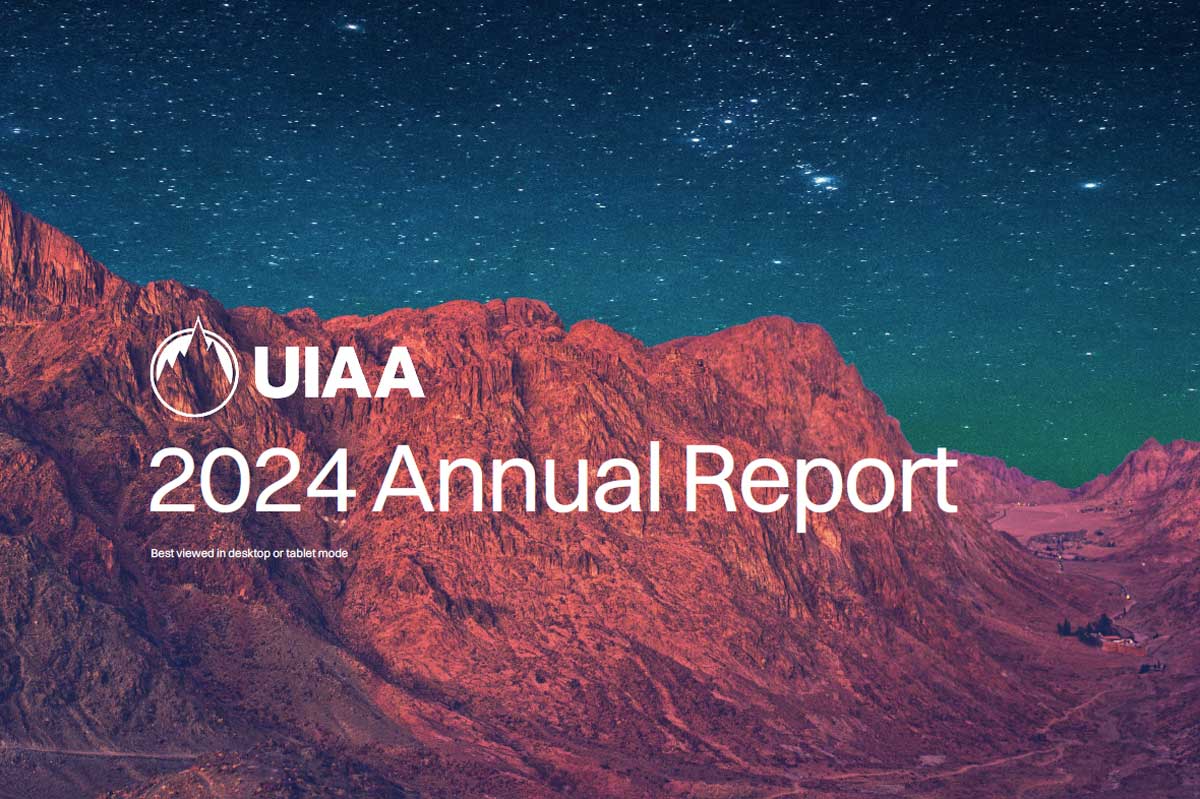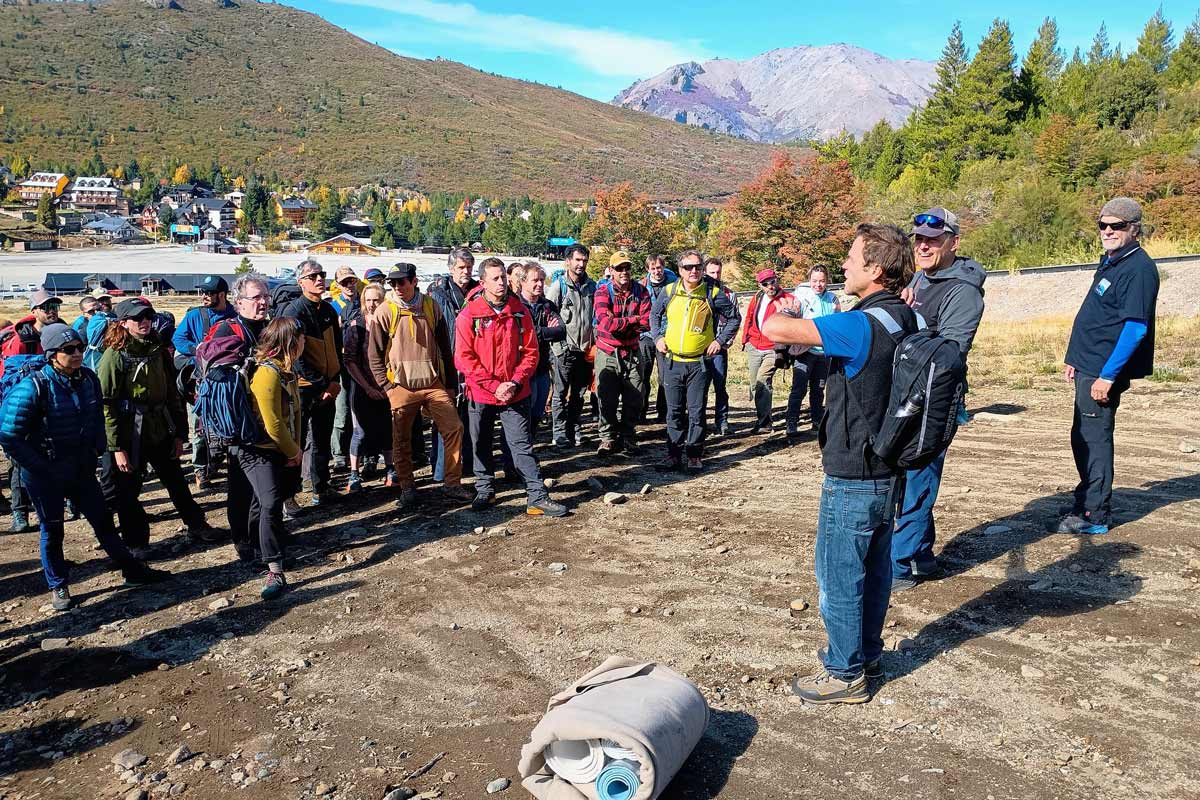The following communication was published on 24 March by CBME – Brazilian Mountain Hiking and Climbing Confederation (CBME) – the UIAA’s full member in Brazil.
The below is a Google translation of the original Portuguese into English.
Due to the global crisis of COVID-19, the main recommendation is to stay home! The Brazilian community of climbers and climbers has come together to stimulate and promote the containment of the spread, canceling events, festivals, club meetings, lectures, etc.
Individually, it is also necessary to make decisions that consider not only our needs, wants and projects. We must consider the perspective of the most vulnerable people, and above all, we must think collectively as a society.
As climbers and climbers, we are used to and benefit from living outdoors and in contact with nature. We understand the impact that quarantine and isolation have on our lives. Even so, we must strictly comply with the prevention measures established by health authorities and agencies to contain the spread of the virus. Respect for these measures also ensures that medical and rescue services are targeted at those most in need.
Should I travel to climb or hike?
It is not the time to travel recreationally, not even on the various holidays that are coming soon. If you already have trips planned, consider postponing them until after the crisis.
If you thought about traveling to escape the city’s agglomerations, think again! Many of us may already be transmitting the virus without any signs or symptoms and many climbing and mountaineering sites are small, rural communities with limited access to medical services, such as Três Picos (RJ), Pedra do Baú (SP), Serra do Cipó (MG) and others.
Should I continue to practice mountaineering: hiking and climbing outdoors?
The recommendations of the health agencies are for everyone to stay at home and in some places in Brazil, the authorities decreed quarantine and total social isolation. Respect these rules.
Where quarantine has not yet been decreed, the practice of outdoor exercises may be an alternative depending on the evolution of the number of cases in your region and the recommendations of health agencies, for each city and state. Even so, consider minimizing it.
- Many mountaineering sites are currently closed. Check the situation in the area before you go.
- Climbing is not recommended, as it has characteristics that facilitate the transmission of the virus by touching the rock, sharing the equipment, proximity to safety, abseiling and the eminently social character of the boulder.
If you choose to walk on trails, do so close to home, in your own city, avoid using public transport and avoid places with many people. - As always, be aware of the risks, which at the moment includes issues broader than our personal goals and projects.
- Increase prudence! Eventually, mountaineering may demand rescues or medical assistance, further burdening the health system.
- Evaluate where you are. Stay at least 2 meters away from other people. If you have a lot of people, come back another time or another day.
If you choose to practice mountaineering, remember:
– Go on foot, by bicycle or use private transport;
– Opt for off-peak times and less popular locations;
– Give preference to partners with whom daily contact already occurs in any way, such as family members and co-workers;
– Do not share food or water;
– Avoid physical contact with other people;
– Take alcohol gel and constantly clean your hands;
When you return home, follow the hygiene recommendations: leave your shoes outside, take a quick shower or at least wash your hands, face and forearms well; be careful with clothes and cleaning equipment, always avoid touching your face and others.
These are recommendations and reflections according to what is known about the virus today (information available on the websites of the Ministry of Health and the World Health Organization) and may change as new advances are made.



